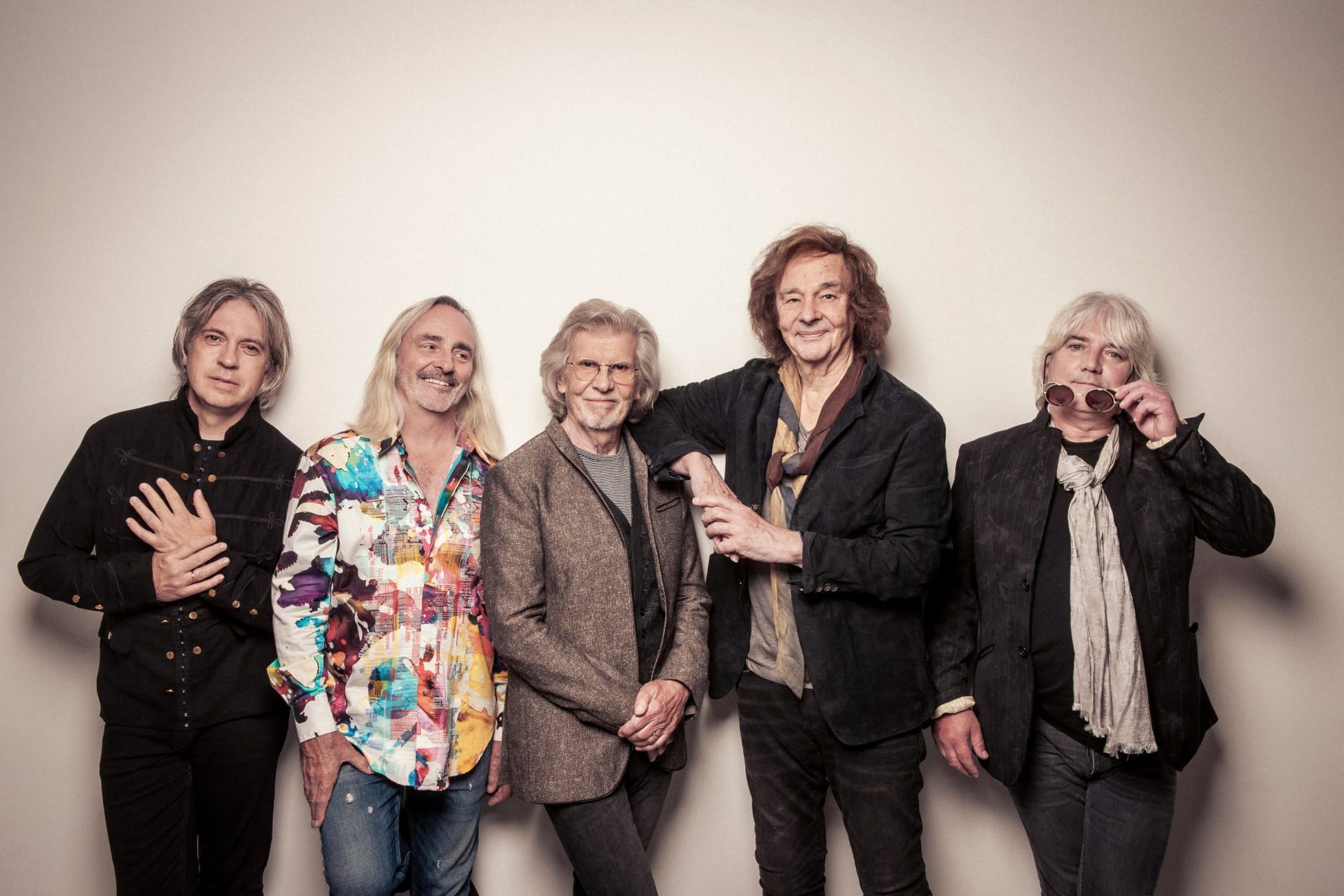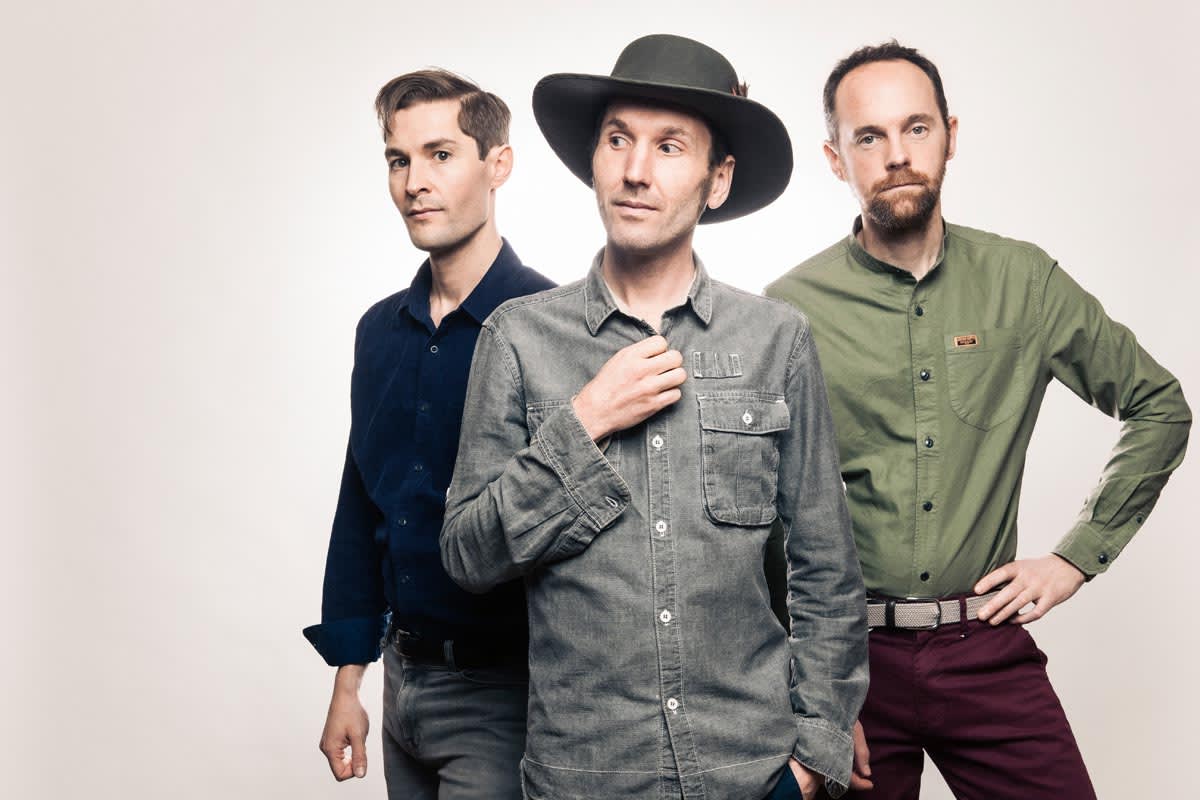Formed in St Albans, the Zombies rose to fame with the 1960s British invasion that followed the success of The Beatles – they were the second UK band to get a US number one – with hits including She’s Not There and Tell Her No. Another international hit followed with Time of the Season from classic psychedelic album Odessey and Oracle. Their lush and complex sound became a touchpoint for British psychedelia but sadly this was released after they had already split: solo careers followed, and they eventually reformed in 2004. They have been recording and touring ever since.
Still led by founding members, keyboardist Rod Argent and lead singer Colin Blunstone, the core interaction between male vocals and jazzy keyboard riffs remains at the centre of their appeal. The Zombies began work on this album after being inducted into the Rock n Roll Hall of Fame in 2019 and they toured heavily until covid put a brake on things in 2020. A dedicated live act, the band was not content to record remotely – Blunstone himself says of the difficult decision to postpone:
“We were absolutely determined to come together and record in as live a way as we could”.
The wait certainly seems to have been worth it. This is a well-arranged album of moods and colour shifts, where the live feel of a band creates the scaffolding for sophisticated arrangements and choral back up harmonies to bloom. It features tender acoustic ballads, bluesy stomps and jazz grooves. Album title track, Different Game, opens with an organ sound, like Whiter Shade of Pale by Procol Harum. It’s an affecting, distinctive and immediately recognisable sound – the kind of ‘Baroque pop’ that the Zombies are so closely associated with, but this isn’t a song that wallows in nostalgia.
Blunstone sings of ‘pushing through the years’ and there’s a melancholic review of the past that gives way to a reassessment that ‘there must be someone to take the blame’ and realisation that ‘it’s a different game ‘. Dropped Reeling and Stupid follows in this vein of complex emotions as despite the lyrics being about being dumped, it has an uplifting feel; an emotional recovery. Musically it shifts from funky keyboard lines to plaintive vocals and rock guitar, as if Stevie Wonder had dropped in to jam with Steely Dan.
The range of arrangements and ambition on this album is epitomised by I Want to Fly which Blunstone sings with only a classical string arrangement to accompany him. His voice still has strength, and he can hold the notes, alternating between the breathy intimacy he is famous for as well as the sustained reach of a soft metal crooner like David Coverdale in his Whitesnake years. A harmonica comes out for the blues stomp of Got to Move and the album closes with The Sun Will Rise Again, a pared down acoustic ballad which features the line; “so little time, so much to do”. It’s an album with real range in its approach to songwriting but is coherent as a whole; every song is different yet clearly rooted in the Zombies sound whether its Blunstone’s vocals or Argent’s virtuoso keyboard arrangements.
A lot of albums being released now have had to contend with the pandemic as part of their writing and recording process, and it’s hard not to imagine that in some way having an influence. Whatever the real inspiration, the overall effect is an album that encourages a little reflection and offers the opportunity to lose yourself in that feeling of melancholic renewal at which the Zombies excel.
Photography (c) Alex Lake








